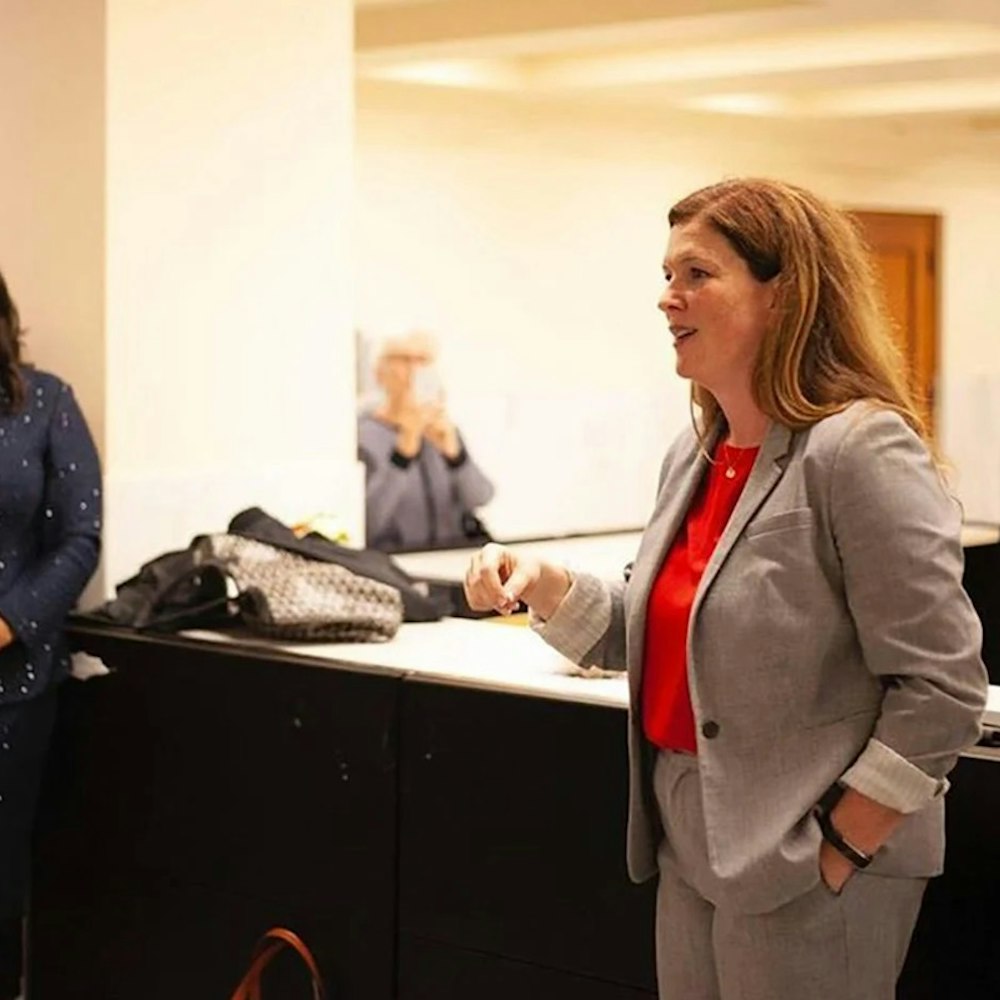
In a legal turn of events influenced by federal law, the City of Berkeley has agreed to roll back its groundbreaking ban on natural gas infrastructure in new constructions. According to a report by SFist, after being taken to task by the California Restaurant Association (CRA) and facing a ruling from the U.S. Court of Appeals for the Ninth Circuit, Berkeley is set to repeal the ordinance originally aimed at curbing emissions.
The ban, installed at the advent of 2020, was designed to limit emissions from gas stoves, water heaters, and furnaces to combat climate change on the local level. But faced with legal opposition seemingly rooted in the principle of energy regulation being a federal affair, Berkeley has found itself necessitated to begin reversing the ban, as the court found that the Energy Policy and Conservation Act preempted such local ordinances.
As reported by The American Gas Association (AGA), which supported the CRA's lawsuit, President and CEO Karen Harbert called the settlement a "significant step towards safeguarding energy choice for California consumers" and highlighted natural gas as a cornerstone for environmental progress in the U.S. She went on to emphasize the importance of the natural gas industry’s role in reducing national emissions.
The Ninth Circuit Court's decision not only forces Berkeley’s hand but casts doubt on the legality of similar bans throughout its expansive jurisdiction. "This settlement has implications far beyond the City of Berkeley," Harbert stated, arguing that any ban on natural gas could impose substantial costs on consumers while offering minimal environmental benefits. She indicated that the natural gas industry stands ready to "continue to innovate and advance technologies" to support the nation's energy needs.
While this decision spells the end for Berkeley’s pioneering stance, the impact on other cities' environmental policies remains unclear. San Francisco's ban, which also went into effect in 2020, includes provisions for businesses to opt out, leaving some to speculate that it may avoid a similar fate as Berkeley's. San Francisco Supervisor Rafael Mandelman has expressed his intention to "continue to enforce it, continue to implement it," as told to KQED, implying a commitment to their environmental agenda despite the precedent set by the Berkeley case.



-1.webp?w=1000&h=1000&fit=crop&crop:edges)
-2.webp?w=1000&h=1000&fit=crop&crop:edges)




